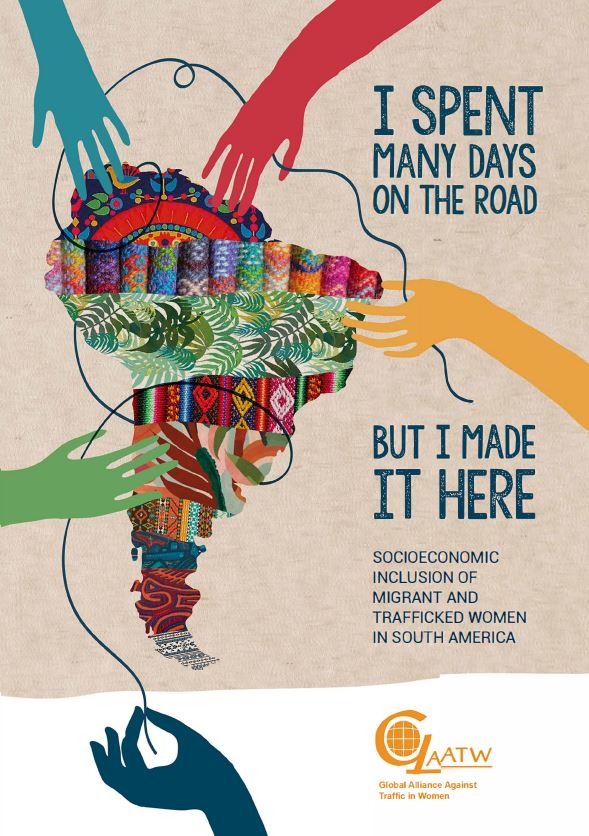This report highlights how migrant women's experiences of social inclusion and access to the labour market are shaped by their gender, ethnicity, and migration status.
After difficult migration journeys, including spending days on the road, sleeping on the streets, going without food, facing racist or xenophobic behaviours, and fear of sexual attacks, many women found themselves employed in occupations that were below their skill levels and therefore turned to employment in the informal economy which was often gendered work in the domestic, care and cleaning sectors. In these working conditions, women were often subjected to limited or no access to social protections and labour rights, abuse, exploitation, and mistreatment.
Furthermore, women were still expected to perform responsibilities of unpaid care work of care giving and household work for their families in addition to being breadwinners which can affect their physical, mental, and emotional health and cause “time poverty” where the very idea of free time does not exist. Oftentimes, even if women were given the opportunity to access government social programmes there were often barriers such as complex paperwork and procedures, lack of information about them among migrants, language barriers, and racist attitudes.
The report draws from interviews with 125 migrant women conducted in 2020 and 2021 by five partner NGOs: Comisión Argentina para Refugiados y Migrantes (CAREF – Argentina), Capital Humano y Social Alternativo (CHS – Peru), Corporación Espacios de Mujer (CEM – Colombia), Associação Brasileira de Defesa Da Mulher, da Infância e Da Juventude (ASBRAD – Brasil), and Asociación Idas & Vueltas (Uruguay).
Read the whole report here.
Read the report in Spanish here.
You can also read the five country reports in Spanish:
Vivencias en el retorno y la reintegración. Mujeres migrantes y víctimas de la Trata retornadas a Colombia (Corporación Espacios de Mujer, Colombia)
Inclusión Social y Económica de Mujeres Migrantes Venezolanas en Perú (CHS Alternativo, Peru)
Construyendo un mundo plural: Experiencias y percepciones de mujeres migrantes venezolanas en Guarulhos, São Paulo (ASBRAD, Brazil)
Cortar los nudos. Mujeres, migrantes y cooperativistas en el Área Metropolitana de Buenos Aires – 2022 (CAREF, Argentina)
Sostener la vida a través de las fronteras. Cuidados y trayectorias laborales de mujeres migrantes en Uruguay (Idas & Vueltas, Uruguay)

